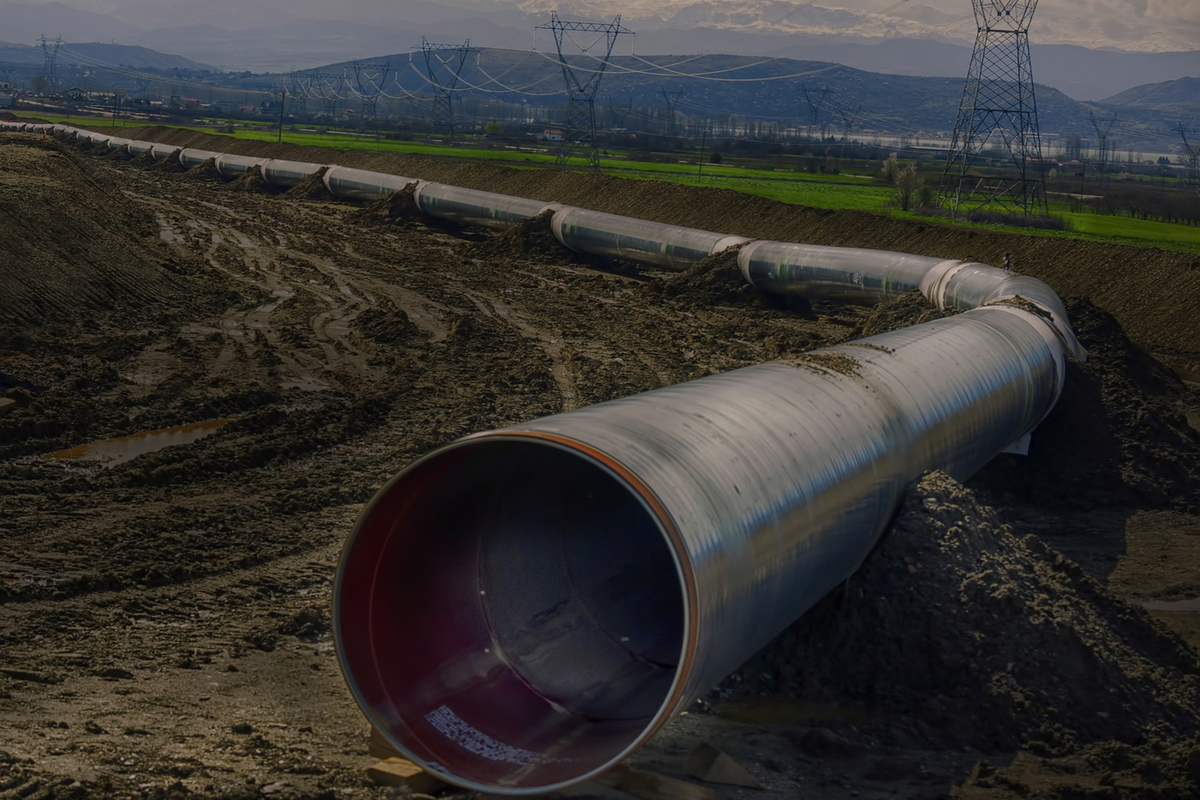Russian oil was banned from delivering to European ports: how the budget will suffer
[ad_1]

New commodity sanctions come into force
As of July 24, new restrictions on the export of Russian oil contained in the 11th package of EU sanctions came into force. From this day on, tankers suspected of transshipping hydrocarbons from our country in neutral waters, as well as ships carrying raw materials for buyers willing to pay for “black gold” above the price ceiling of $60 per barrel, are prohibited from entering Western ports. There is a risk that another blow to our extractive industry will further reduce Russia’s revenues from oil sales abroad, which fell to a minimum in June.
According to official EU documents, tankers transferring Russian oil from side to side on the high seas near any European harbor will lose access to the ports of the continent. Similar denials will be received by captains who deliberately turn off the navigation systems of their ships in order to prevent the determination of the initial point of departure of hydrocarbons. Also, ships suspected of transporting Russian oil for subsequent sale at prices above the “ceiling” set by the West at $60 per barrel will not be allowed to port terminals.
Due to new measures, Europe intends to further reduce the volume of exports of Russian raw materials sent abroad, bypassing the sanctions previously put forward against our country. These export methods allow domestic suppliers to this day to use any possible loopholes to support export sales of “black gold”. After transshipment of oil in neutral waters on board tankers flying under the flag of an independent state not subjected to sanctions pressure, it becomes difficult to determine the “citizenship” of energy resources, since it is almost impossible to prove that raw materials belong to Russia. In this case, European structures lose the right to completely stop or partially block the shipment of raw materials to their infrastructure. According to Wall Street Journal experts, through such maneuvers, “Russia won” in the fight against Western restrictions, since the developed combinations allow you to sell hydrocarbons above the price ceiling set by the West.
Meanwhile, the current situation with foreign sales of Russian energy resources is far from optimal. The first half of 2023 turned out to be a failure for our country’s oil exports. Income from the sale of raw materials abroad compared with the same results last year fell by more than one and a half times. June turned out to be the most deplorable, when the proceeds from the export of “black gold” fell to $11.8 billion. In the first six months of 2022, similar revenues exceeded $22 billion.
According to the director of communications at BitRiver, economist Andrey Loboda, in the future, the situation with Russian oil exports risks worsening. The requirements of the 11th EU package may “frighten” shipowners who continue to cooperate with domestic suppliers: they will either increase tariffs for the transportation of energy resources, or completely refuse Russian companies in their services. “It is likely that our country’s commodity revenues have not yet reached their bottom: Asian importers, against the backdrop of regular Western restrictions, are likely to try to increase the discount on raw materials, which decreased to $4-8 per barrel in May-June,” the analyst warns. “In the current conditions, domestic suppliers have lost arguments for discussion, since they do not have alternative markets for the sale of large consignments of raw materials, except for the eastern states.”
At the same time, according to the leading expert of the National Energy Security Fund Igor Yushkov, it is too early to count the losses. There remains hope that the second half of 2023 will bring much more profit than the first six months. A number of fundamental factors that are already noticeable now indicate an increase in global demand for hydrocarbons: for example, the Chinese economy, which has lifted the restrictions caused by the coronavirus pandemic, will require large volumes of energy resources. Other Asian importers, also interested in Russian raw materials, are unlikely to refuse purchases in our country, since one way or another such transactions will be carried out at the best prices.
“In turn, the so-called “shadow fleet” of Russia, which has been formed over the past year, with the capacity to bypass Western sanctions, will continue to function successfully,” Yushkov is sure. – The shipowners managed to prepare for the new claims of the West. In particular, the Indian company Gatik Ship, which was denied tanker insurance, began re-registering its vessels in “third” countries, such as Gabon or Mongolia, which are not subject to sanctions. The constant change of jurisdiction will allow in the future to deliver oil by sea without fear of running into European bans.”
[ad_2]
Source link






